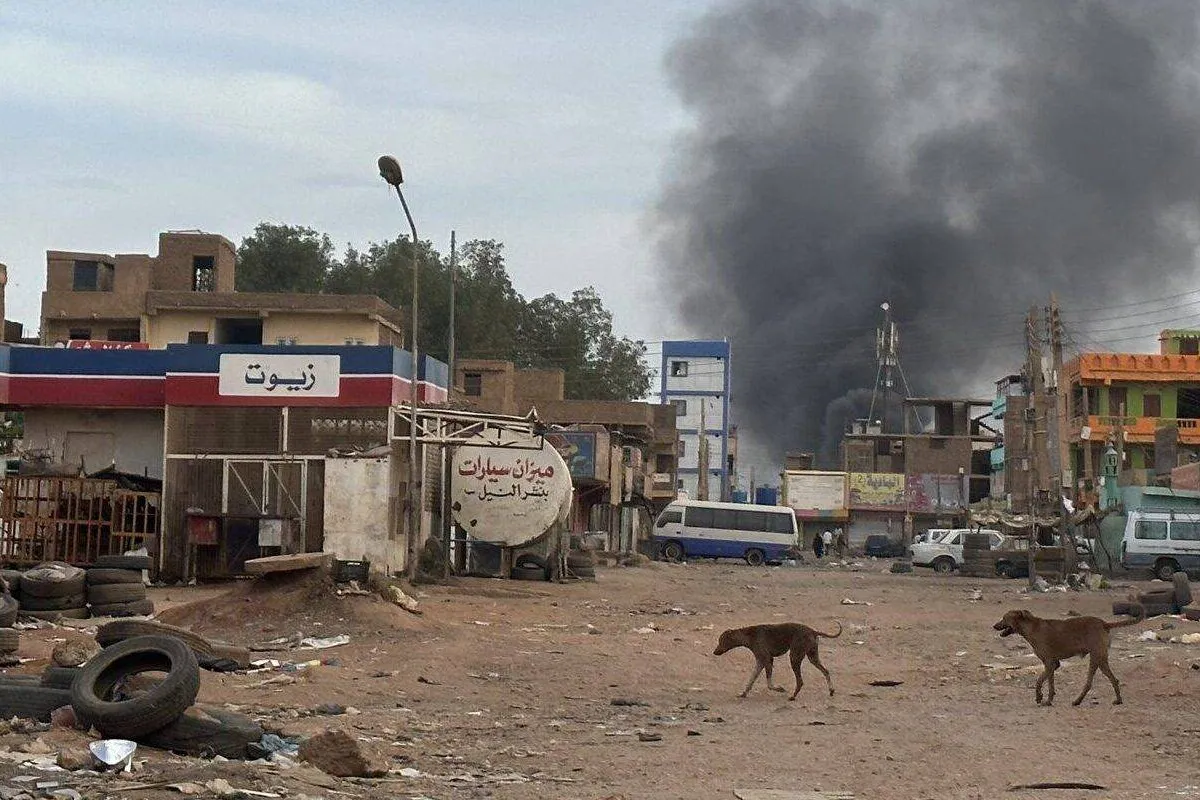Arctic Summers Without Ice: A Looming Reality by 2027
By Ann - Dec 09, 2024
The Arctic Ocean could experience its first ice-free summer by 2027 due to rapid global warming caused by greenhouse gas emissions, leading to significant consequences for ecosystems, weather patterns, and human societies. The disappearance of Arctic ice threatens to accelerate climate change, endanger wildlife, raise sea levels, and disrupt weather patterns globally, highlighting the urgent need for international cooperation to reduce carbon emissions and protect the environment.

pikist.com via Bloomberg
LATEST
CoreWeave Downsizes IPO: Nvidia-Backed Cloud Infrastructure
Red Bull Confirms Tsunoda as Lawson’s Replacement for Upcoming Season
Egypt Submarine Sinks: Latest Updates and Key Details Revealed
China’s Football Superpower Ambitions Crumble: What Went Wrong?
What Makes the Wildfires in South Korea So Destructive?
Nuclear Pasta: What Spaghetti Reveals About the Universe
Typewriters Still Clack in the US: A Nostalgic Revival
H&M Introduces AI Digital Clones for Ads & Social Media Campaigns
Avengers Assemble Once More! Avengers: Doomsday Announced with Star-Studded Cast
Atomfall: Video Game Inspired by Windscale Nuclear Disaster
The future of the Arctic, one of the planet's most fragile ecosystems, is bleak. Recent studies suggest that the Arctic Ocean may see its first summer without ice as early as 2027, which would represent a significant change in the dynamics of our planet's climate. This dire forecast highlights how rapidly global warming is occurring due to an increase in greenhouse gas emissions and the disastrous effects they are having on polar ice. In addition to marking a significant turning point in the environment, such an occurrence would have a significant impact on ecosystems, weather patterns, and human livelihoods.
There has never been an Arctic summer like this in human history. By reflecting sunlight and preserving the equilibrium of global temperatures, Arctic sea ice plays a vital role in controlling the Earth's climate. The globe would warm much more quickly in the absence of this natural cooling mechanism, intensifying climate change through a feedback loop. In addition to endangering animals that depend on the Arctic ice for existence, such as seals and polar bears, the melting ice is upsetting the delicate biodiversity of the area.
The implications are not limited to the Arctic. Sea levels are predicted to rise as a result of melting sea ice, worsening coastal erosion and floods worldwide. Furthermore, shifting Arctic conditions may cause weather patterns to become unstable, resulting in more intense storms, heat waves, and erratic rainfall. The delicate Arctic environment is further threatened by the loss of ice, which also makes the area more vulnerable to human exploitation through increasing shipping, resource extraction, and geopolitical conflicts.
This study emphasizes how urgently global cooperation is required. Countries must step up efforts to cut carbon emissions, invest in renewable energy, and safeguard delicate ecosystems in order to avert an ice-free Arctic and lessen its catastrophic effects. The results are a clear warning that, in order to protect the Arctic and the sustainability and well-being of our planet overall, mankind must take strong action to stop climate change.


